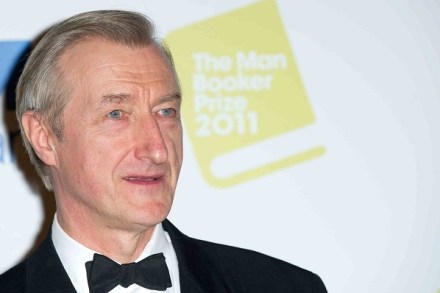Your guide to the Booker Prize
Assorted literary grandees will squeeze into their tuxes this evening to compete for the Booker Prize. Of the debut novelists, one previous winner and a brace of old-timers, who stands the best chance of winning? Swimming Home by Deborah Levy This is a coiled, unsettling work. A group arrive at their French villa only to find






